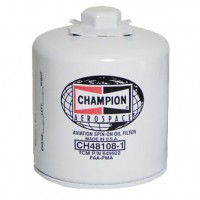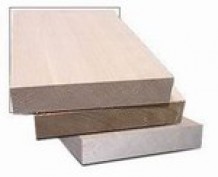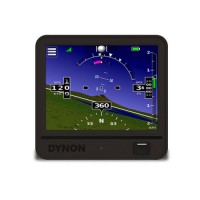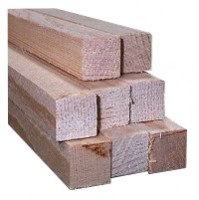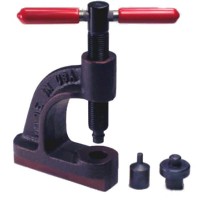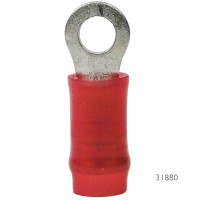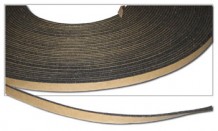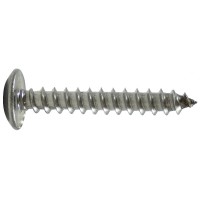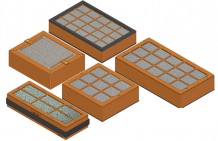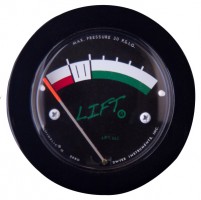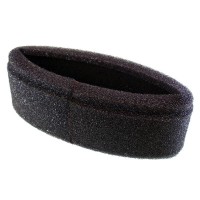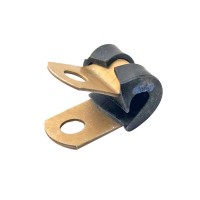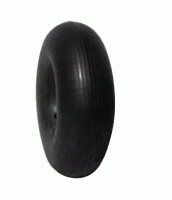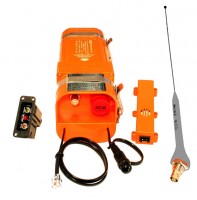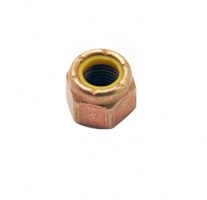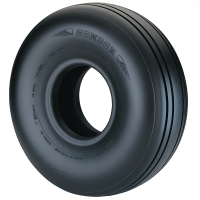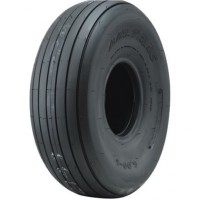Lift 2-1/4 Monitor System With Glare Shield Mount Kit
Add to cart for current price
Overview
|
All angle of attack instruments, including the LIFT MONITOR, sense the aircraft's ability to sustain lift regardless of airspeed, pitch angle, G-force acceleration, gross weight, temperature, or barometric pressure. However in addition, the Lift Monitor from Lift Management, LLC is specifically designed as an affordable tool for developing pilot skill and confidence in handling the aircraft you are flying today as opposed to the one you were trained in or recently sold. The intuitive broad spectrum analog display clearly shows lift
currently experienced by the aircraft as well as subtle trends to which you can instantly respond. |
WARNING: Cancer and Reproductive Harm - www.P65Warnings.ca.gov. |
Specifications
Panel Mount Kit 05-14964: Overall diameter of the gauge bezel is 3-1/16”. The Panel Mount Gauge hole diameter is slightly larger than a standard 2-1/4” instrument hole, and a concentric scribing die is provided to expand an existing 2-1/4” hole. An adapter plate for mounting within an existing 3-1/8” instrument hole is also provided. Kit includes 15’ of color-coded and bonded polyurethane tubing for easy routing of the air lines as well as a “Remove Before Flight” probe cover.Glare Shield Mount Kit 05-14966: Overall diameter of the gauge bezel is 3-1/16". Hose barbs for the air line connections extend downward for a clean looking installation. Includes probe cover, 15' of color-coded and bonded polyurethane tubing for easy routing, a black anodized aluminum mounting bracket, brass instrument screws, and aluminum locknuts.
Reviews
This AOA is very easy to install. Looks great. And works. Easy to adjust/fine tune.
Lift 2-1/4 Monitor System With Glare Shield Mount Kit
Purchased one each for 2 sons. Both have multiple Bushby Midget Mustangs. Kitplanes have 2-year backorder but you found 2. in 2wks.
Given as a gift to keep grandkids interested in aviation.
The is an awesome tool for tailwheel instruction and handy for unpaved fun
Installed this in my Cessna 150 and cannot be happier. As a current student and soon to be private pilot this device is teaching me more about the principles of lift than any textbook can. Once calibrated, which was a simple enough task after one flight, Im able to clearly see exactly when my plane is nearing a stall, well before it reaches that point, so I can take immediate action. What I also like is that it indicates exactly... regardless of air speed... when I have enough lift to take off. This is only the tip of the iceberg of what it can do and I learn more each day I fly with it. I cannot say enough about this device and urge all GAs to install on in their plane. It may just save your life someday.
As described promptly shipped
Installed on my Zodiac 601HD. Easiest of all AOA to see. Precise analog display avoids the changing colors of lights. Strongly recommended!
After flying an Ekolot Topaz with this Lift Monitor installed I plan on having one in any aircraft I own in the future! It is simple and straight forward to install and calibrate. The instrument is intuitive on how close to a stalled condition you are. A great tool to fly with!!
Simple design, low cost, valuable instrument. Wouldnt fly without mine. Land with confident air speed repeatedly.
Q&A
Please note, Aircraft Spruce's personnel are not certified aircraft mechanics and can only provide general support and ideas, which should not be relied upon or implemented in lieu of consulting an A&P or other qualified technician. Aircraft Spruce assumes no responsibility or liability for any issue or problem which may arise from any repair, modification or other work done from this knowledge base. Any product eligibility information provided here is based on general application guides and we recommend always referring to your specific aircraft parts manual, the parts manufacturer or consulting with a qualified mechanic.
Per the manufacturer - To answer your question, no it does not have a "flap compensator" nor is there a provision to add such a thing. If a customer detects a difference in the calibrated needle position as described in the instructions between clean and flap-extended conditions, the suggestion is to mark the dial face for the maximum difference between the two conditions.
For most aircraft, best glide is approximately the best rate of climb speed which I would think would fall at the low third of the green arc for most single engine aircraft. Full scale deflection to the right (top of the green arc) will occur around 80-85 knots with typical customer calibration - meaning that at the junction of the red and white arcs, you should experience only a marginal ability to still climb at a set throttle position when adding back pressure on the stick - the definition of “marginal” being the pilot’s comfort level in that situation. Aircraft stall will occur significantly into the red at that setting.
The range of absolute airspeed between “marginal climb” and best rate of climb / best glide will vary by aircraft, but the relative relationship should be well contained within the gauge range of red/white junction to significantly below full-scale deflection to the right once calibrated.
Per the installation manual, the hole must be cut to 2-5/8 inches.
Lift Management does not endorse altering any other aircraft system. Tapping into the airspeed indicator air line is neither necessary or advised as the air hoses are bonded together for the entire run from probe to gauge.
Yes, per the manufacturer P/N 05-14964 includes the probe and mount.
Yes, this is FAA Approved and can be installed in a certified aircraft. Please consult with your A&P for specific legal requirements of your aircraft.
The probe can be mounted directly on a metal wing surface, inspection plate, or in the case of a fabric wing, on a user-fabricated angle bracket attached to the spar web.
Per Lift: We have never formally established a warranty period, however if there is a defect in manufacture of the probe assembly or failure of the gauge which can be shown NOT to have been caused by over-pressurizing it, we will replace either with the customer paying only for transportation each way (failed unit to be received and inspected before providing a replacement).
Per the manufacturer: Yes, indeed it can be installed on an SLSA or any other GA aircraft short of commuter aircraft.
No, the probe is not sold separately.


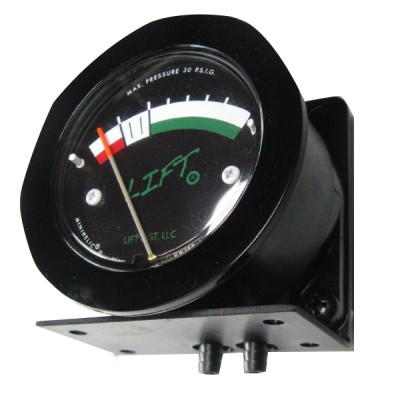





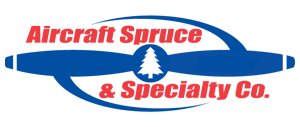 FREE Shipping
FREE Shipping
